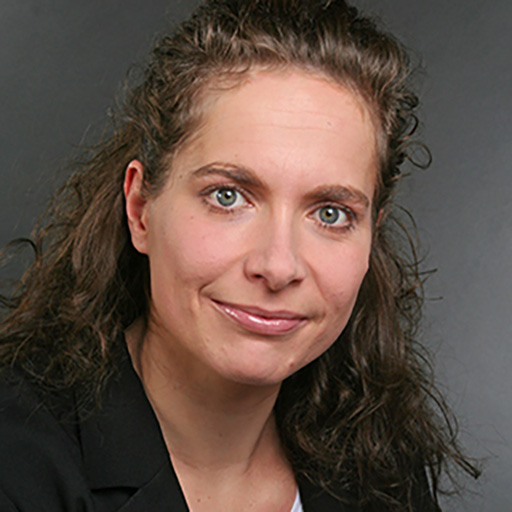
DianaPauly
PhD
Location
Regensburg, Germany
Current Organization
University Hospital Regensburg
Biography
Diana Pauly, PhD, is currently employed as a non-tenured scientist at the Department of Ophthalmology of the University Hospital in Regensburg (Germany). She has long-term research interests in specific stereochemical interference with biological and immunological processes. She earned her diploma in human biology focusing on immunology at the University of Greifswald (Germany). In her doctoral work (PhD) at the University of Potsdam (Germany), she developed high-affinity antibodies against plant and bacterial toxins relevant to bioterrorism. After a brief postdoctoral period concluding these projects at the Robert Koch Institute (Berlin, Germany), she started her own group at the University of Regensburg (Germany). To maximize her impact, she decided to focus on her core training as an immunologist and applied her expertise to novel immunotherapies against degenerative eye diseases. Currently, her team is working on understanding what causes an altered homeostasis in the complement cascade in AMD. Their goal is to elucidate key proteins in AMD pathology to develop antibody therapies to prevent or subsequently reduce the morbidity associated with AMD. Startup funds from the University of Regensburg, the Pro Retina Foundation, and the Maloch Foundation, as well as a scholarship from the Humboldt Foundation, were used to generate the preliminary data for this work.
“You’re passionate about research, but you can’t help me. Why?” This was one of the last questions of a good friend of mine, who died unexpectedly from Creutzfeldt-Jakob disease. It became a significant moment in my life when I decided to change the focus of my research from bioterrorism to a more relevant topic in human diseases.
Several months later, in the summer of 2012, I came into contact with research into eye diseases when I attended the Retina International World Congress” in Hamburg (Germany). These two days were unbelievably affecting. For the first time, I experienced a strong connection between scientists and patients. I met very well-educated people whose lives consisted of reading and thinking. They were affected by the late stages of a so-far untreatable disease, “dry” age-related macular degeneration (also known as geographic atrophy), and their whole purpose of life was destroyed. I met also a fantastic trumpet player who did not lose his love for life, although retinitis pigmentosa is stealing him every year more of his visual field. However, I also learned about amazing therapy developments and options. I felt that therapeutic antibodies and my knowledge about these molecules could be used effectively in the development of a “drug toolbox” for retinal degeneration.”


